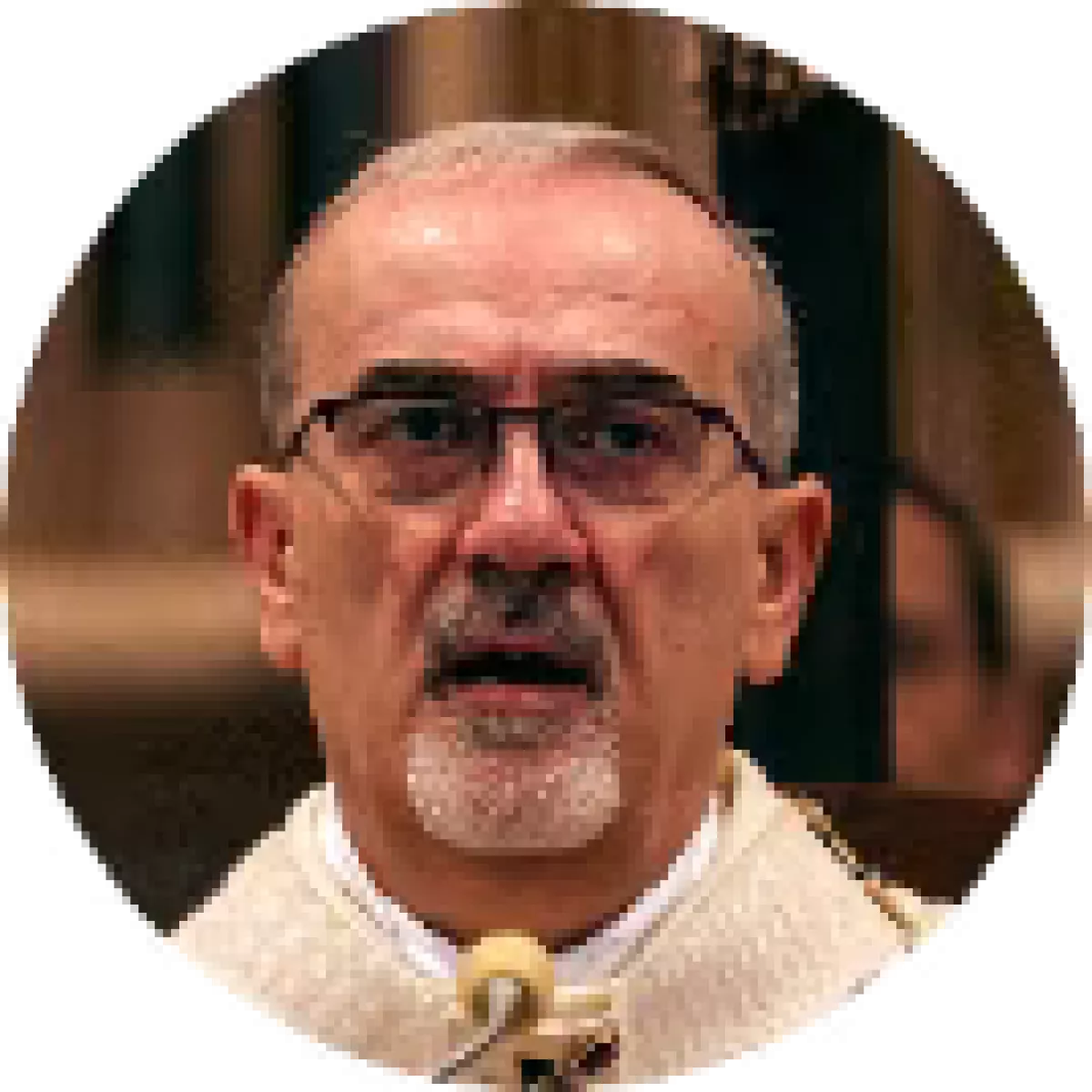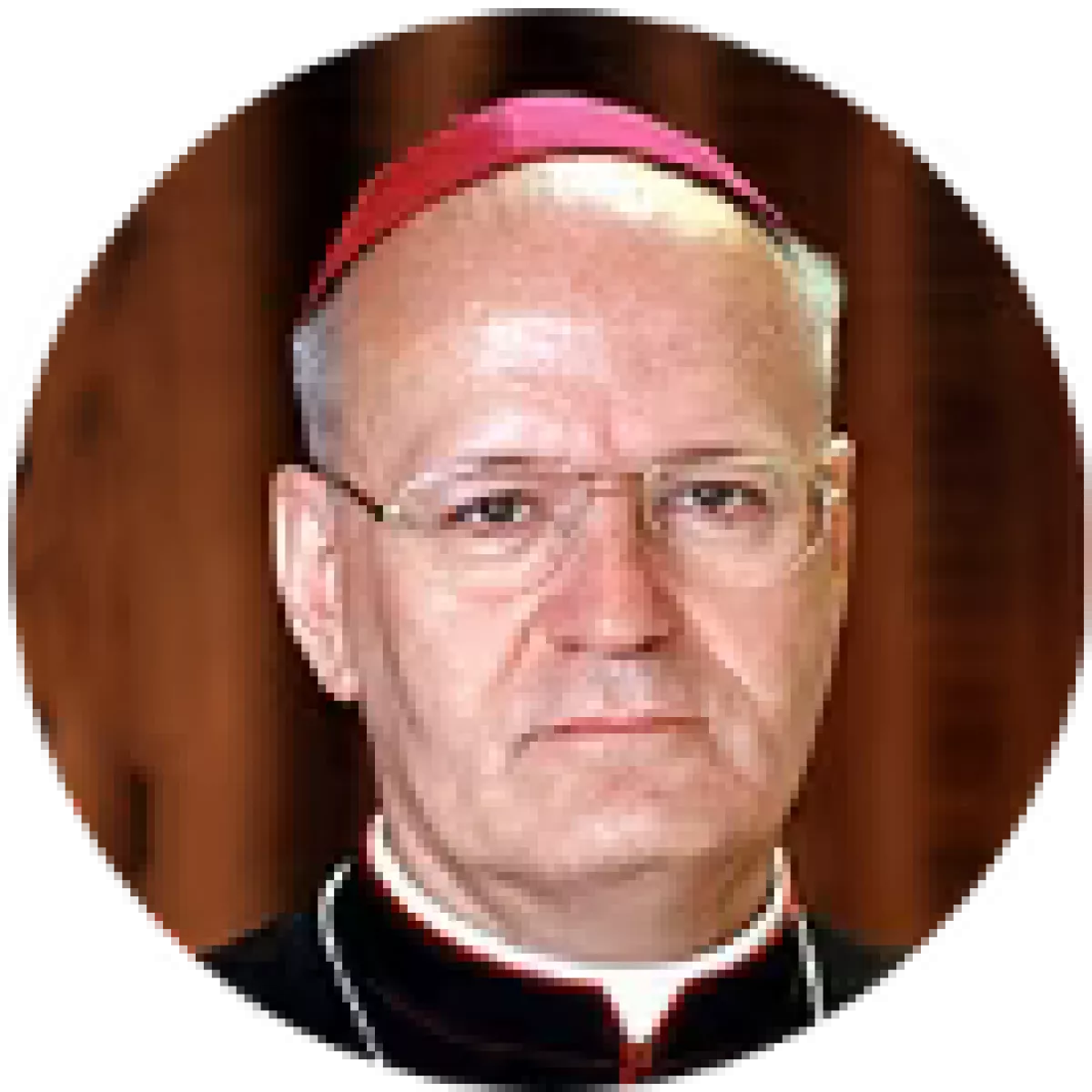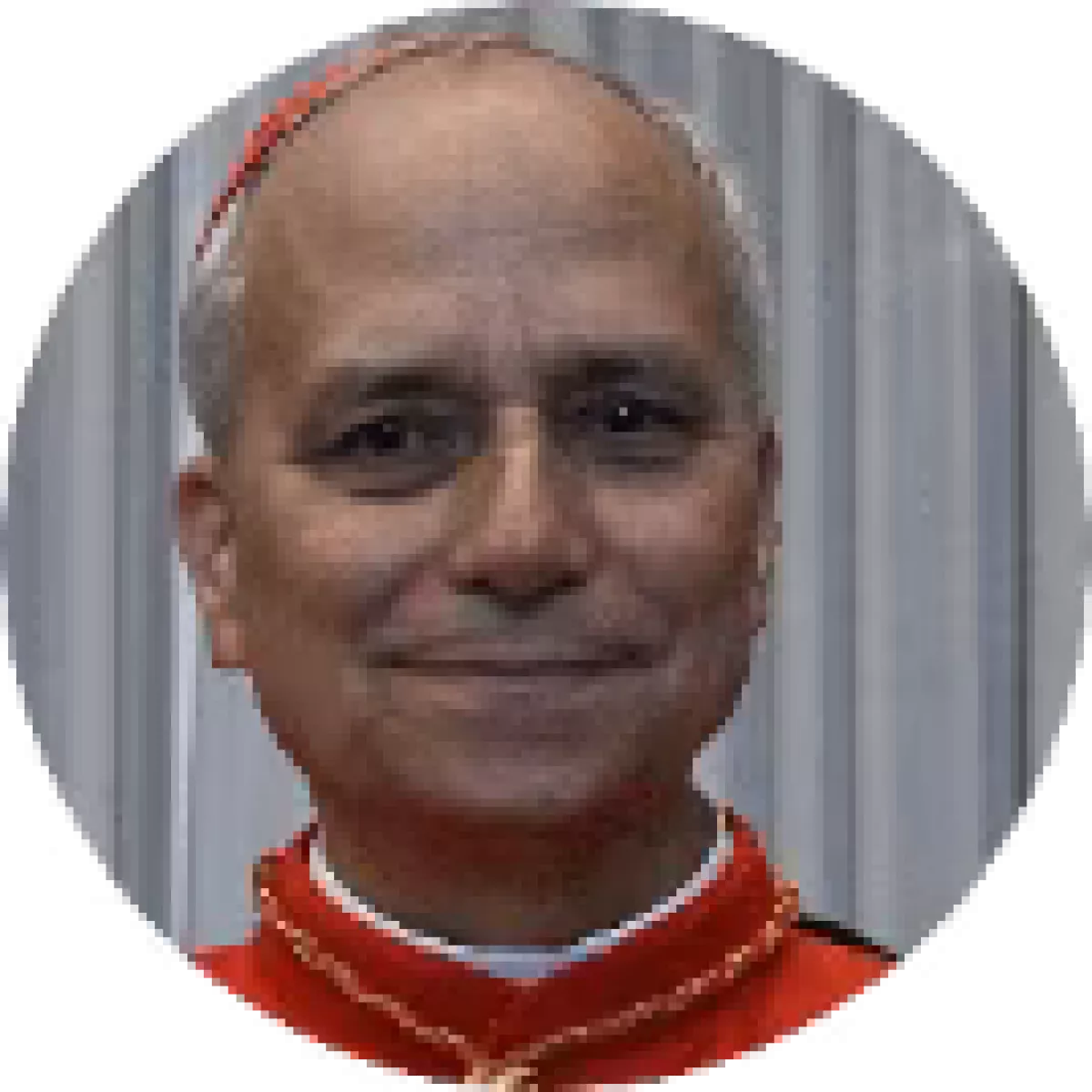Power Struggle: Race for leadership after Pope Francis’s passing
In a recent article, Financial Times highlights that the passing of Pope Francis has sparked intense competition for the leadership of the world’s 1.4 billion Catholics, as the church faces deep divisions over its future direction.
Among the 135 cardinals eligible to participate in the secretive Vatican conclave, approximately two dozen are seen as potential papal candidates. These "papabili" represent the shifting demographics of a global church, particularly in Africa and Asia, while Europe’s influence wanes. They also embody a broader ideological divide between those seeking to uphold traditional Catholic teachings and those advocating for a more inclusive and reformist church.
“There is a strong divide in the college of cardinals between those who think we should keep going in the same direction [as Francis] and those who think we need to make a U-turn,” said John Allen Jr, editor of Crux, a Catholic media organization. “Neither of those two constituencies will get exactly what they want.”
Some of the cardinals being considered as potential successors include:

Cardinal Pietro Parolin
Vatican Secretary of State
A figure of continuity, Parolin is seen as likely to continue the late pope's efforts toward inclusivity and social outreach. However, his tenure has been marred by his inability to resolve the church's financial struggles. With extensive diplomatic experience, Parolin helped mend the Vatican’s relationship with Beijing.

Cardinal Matteo Zuppi
Archbishop of Bologna
Zuppi is known for his commitment to social justice and his embrace of marginalized groups, including LGBT+ Catholics. He played a key role in mediating Mozambique's peace process and has been active in advocating for Ukrainian children taken by Russia during the war.

Cardinal Pierbattista Pizzaballa
Latin Patriarch of Jerusalem
Pizzaballa has spent over 30 years in Jerusalem and is noted for his ability to engage with a wide range of faiths and political communities. He successfully managed the Latin Patriarchate of Jerusalem’s finances and is seen as a potential unifying figure.

Cardinal Robert Sarah
Emeritus
A vocal conservative, Sarah has been a prominent critic of Pope Francis's liberal tendencies, particularly on issues like same-sex blessings. He is a popular figure among traditionalists within the church.

Cardinal Fridolin Ambongo Besungu
Archbishop of Kinshasa
Ambongo is a strong advocate for social justice and environmental protection in the Congo but has taken a conservative stance on family values, opposing the recognition of same-sex unions.

Cardinal Luis Tagle
Pro-Prefect of the Dicastery for Evangelisation
Tagle is known for his moderate reformist views and focus on social justice issues. A popular figure in the church, he advocates for a more inclusive approach to Catholicism and has a strong media presence.

Cardinal Jean-Marc Noel Aveline
Archbishop of Marseille
Aveline, who has close ties to Pope Francis, is recognized for his advocacy of interfaith dialogue and his deep empathy for migrants. He has also called for greater decentralization within the church.

Cardinal Péter Erdő
Archbishop of Esztergom-Budapest
A traditionalist, Erdő has been active in leading European and international bishops' conferences. He is expected to prioritize religious teachings over reformist initiatives.

Cardinal Robert Francis Prevost
Prefect of the Dicastery for Bishops
Though not typically considered a front-runner, Prevost is gaining attention as a potential compromise candidate due to his strong managerial skills and experience overseeing bishop appointments at the Vatican.
As the conclave approaches, the church stands at a crossroads, with the outcome set to shape its future direction for years to come.
By Naila Huseynova








